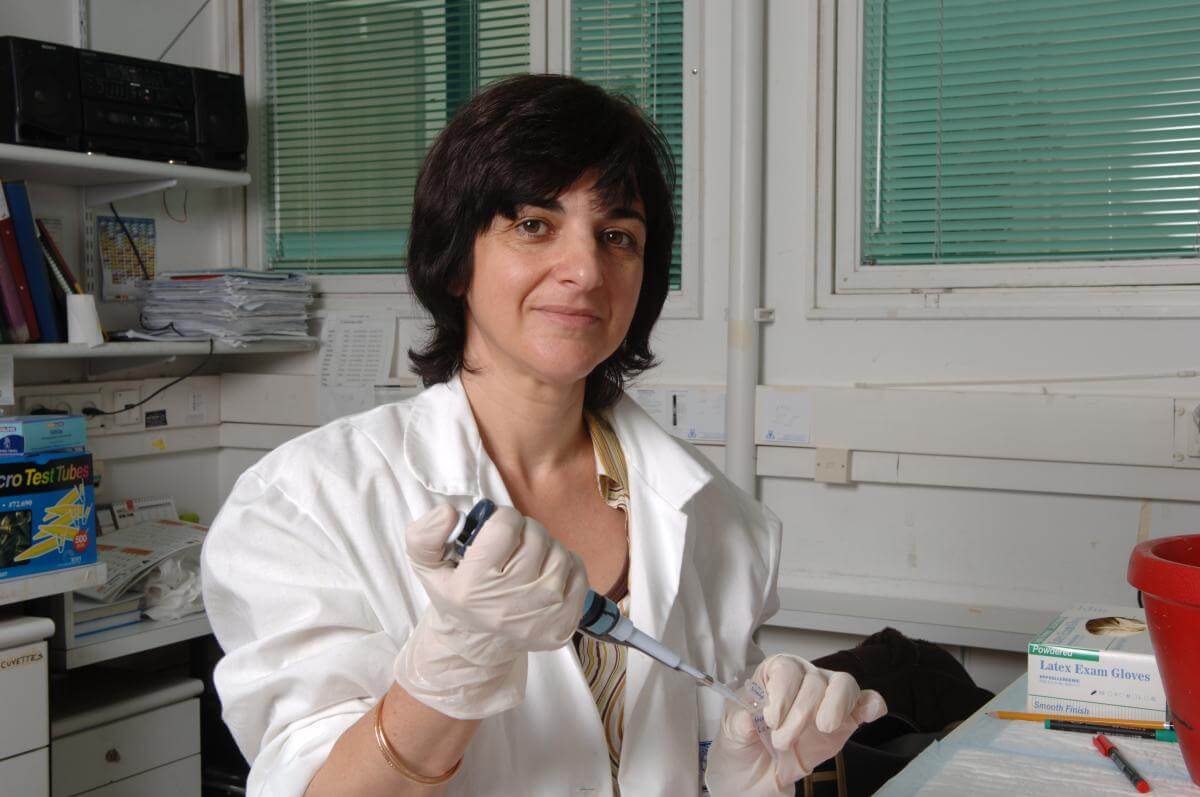In the bustling factory of the cell, where, at any given moment, genes are activated and transformed into proteins, reserve a place of honor for the NF-kappaB protein

In the bustling factory of the cell, where, at any given moment, genes are activated and transformed into proteins, reserve a place of honor for the NF-kappaB protein. This protein oversees the production of many genes that are necessary for the ongoing operation of the cell. But while the effect of NF-kappaB on healthy cells is temporary and scheduled as needed, in cases of chronic inflammation and in certain types of cancer, its activity becomes permanent. Such a state of continuous activity contributes to the spread of metastasizing cancer cells, as well as increasing the resistance of tumors to chemotherapy treatments.
NF-kappaB directly affects tumor growth by suppressing the programmed death process of cells (apoptosis), as well as by affecting cellular processes that cause uncontrolled growth. These findings have made NF-kappaB and the pathways it activates central targets for cancer drug therapy.
Much of the research focuses on the initial phase, where, in response to certain external signals, NF-kappaB is activated, moving from the cell's cytoplasm to the nucleus. Prof. Rebecca Dickstein, from the Department of Biological Chemistry, examines precisely the last step in its chain of activity, that is, the way in which it causes the expression of certain genes. These include over 100 genes that have been identified so far, from which, among other things, proteins involved in inflammation and cell growth are produced. In addition, NF-kappaB activates genes whose main purpose is to stop its own activity, through a negative feedback mechanism. Her previous studies determined how NF-kappaB manages to activate genes so rapidly in response to external signals, especially signals that threaten the survival of the cell. In addition, she investigates how NF-kappaB affects the transcription of the genes it activates.
Transcription is the first and most important step in the process of gene expression. It includes several main steps: initiation, extension (that is, the production of an RNA molecule), processing and termination. Prof. Dickstein discovered that NF-kappaB mainly controls the second phase, the extension phase. He plays the role of "manager", who recruits a group of "workers" to enter into action. The result of the joint effort of all these factors is a significant increase in the amount of RNA molecules, ready for their translation into an active protein.
Prof. Dickstein and research student Gil Diamant recently discovered an unknown control mechanism that offers a possible explanation for the continuous and unwanted activity of NF-kappaB in cases of chronic inflammation and cancer, involving one of the proteins from the extension "staff", called DSIF. The researchers discovered that DSIF is related to the negative feedback mechanism, and that it correlates between the extension phase and the processing phase: together with NF-kappaB, it promotes the expression of a group of genes whose role is to stop the activity of NF-kappaB. Cells in which the DSIF gene is absent, or whose activity is disrupted, have an increased risk of showing uncontrolled NF-kappaB activity associated with disease development. The research findings were recently published in the scientific journal Cell Reports.
These findings may have a direct practical meaning for the fight against cancer. NF-kappaB is involved in a long series of biological processes, therefore, an attempt to intervene directly in its activity may cause damage to many genes, and therefore many side effects. The results of the study hint at the possibility of indirect intervention through other factors, such as DSIF, whose effect is limited to a smaller number of genes, so it may ensure a more selective treatment, and reduce side effects.
